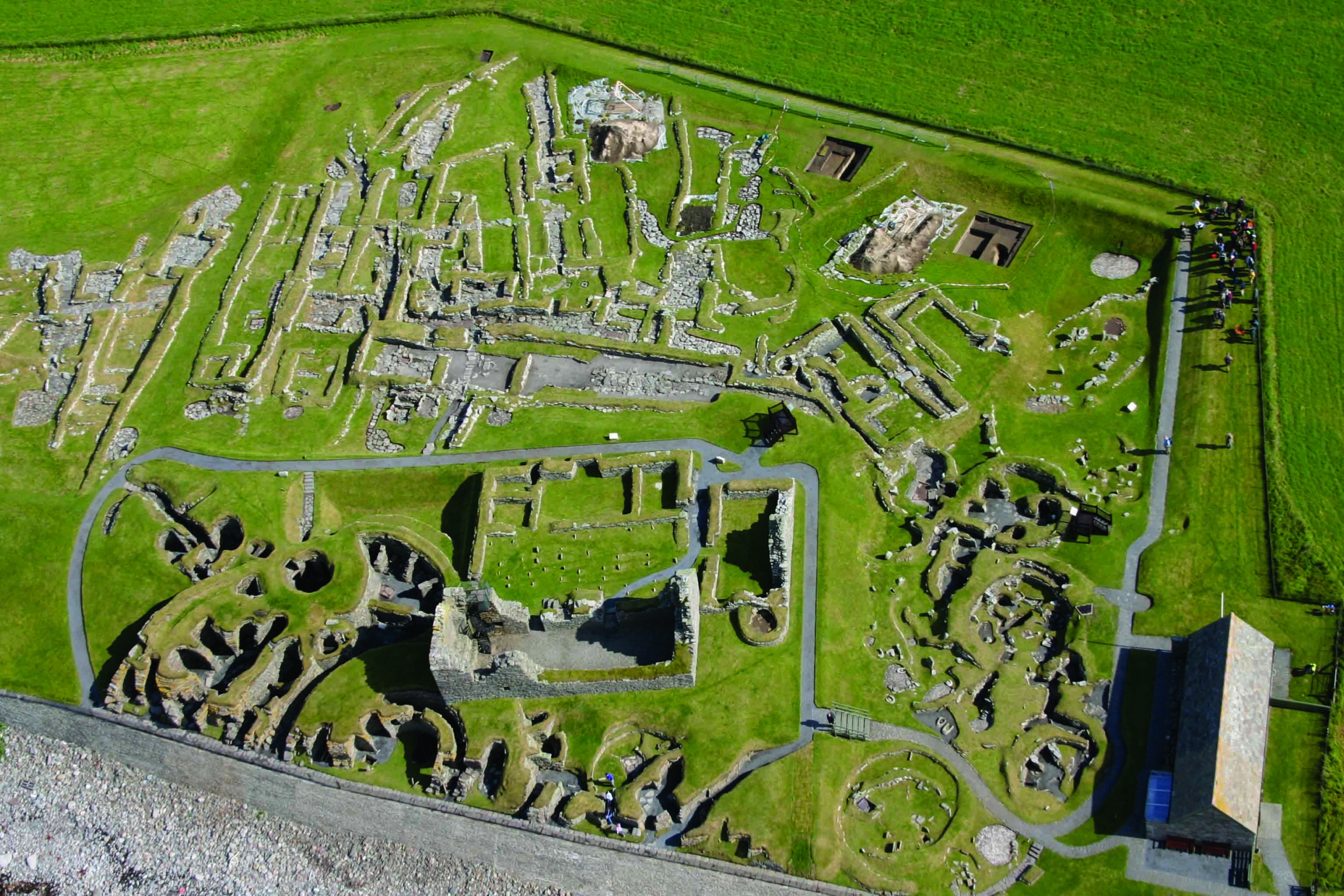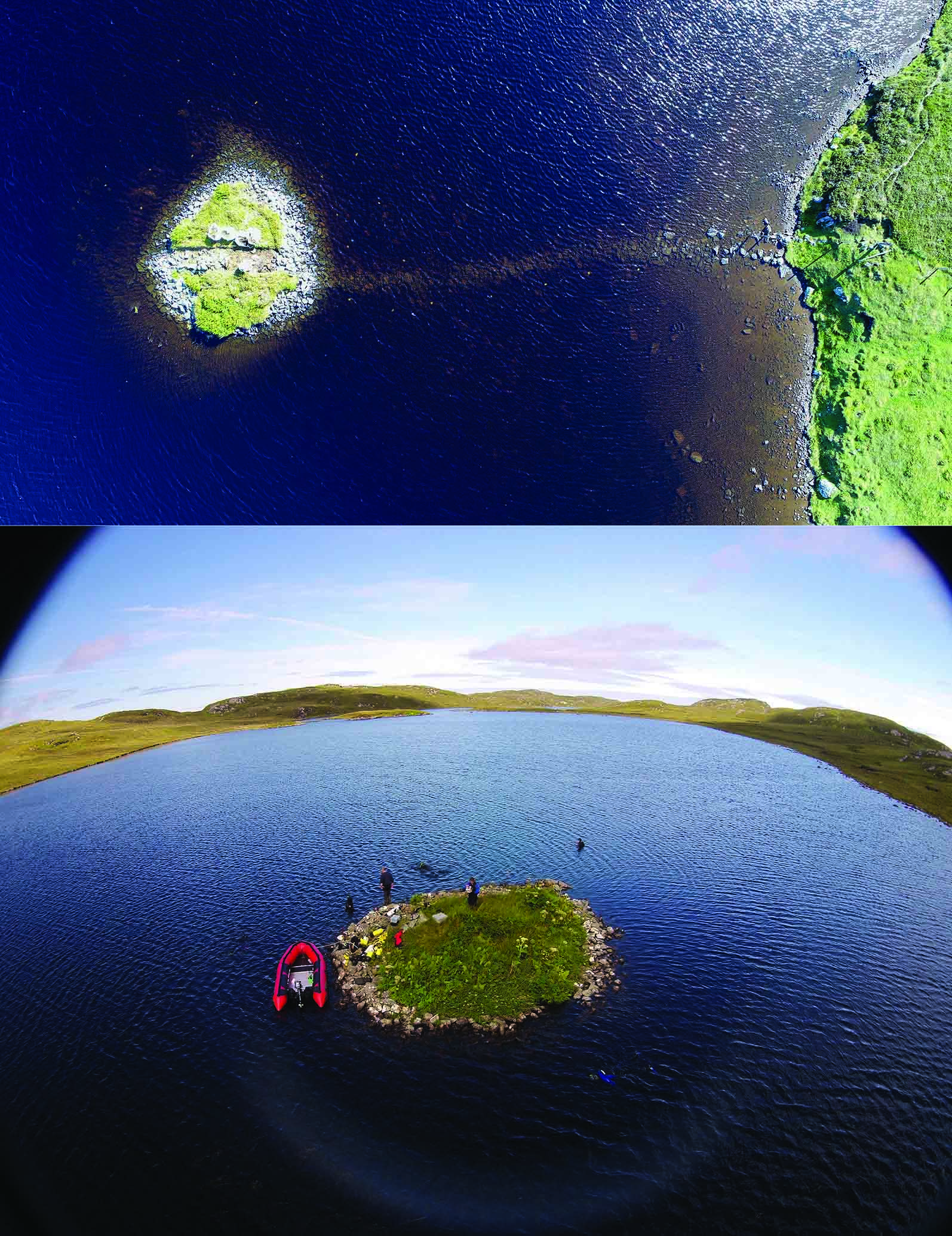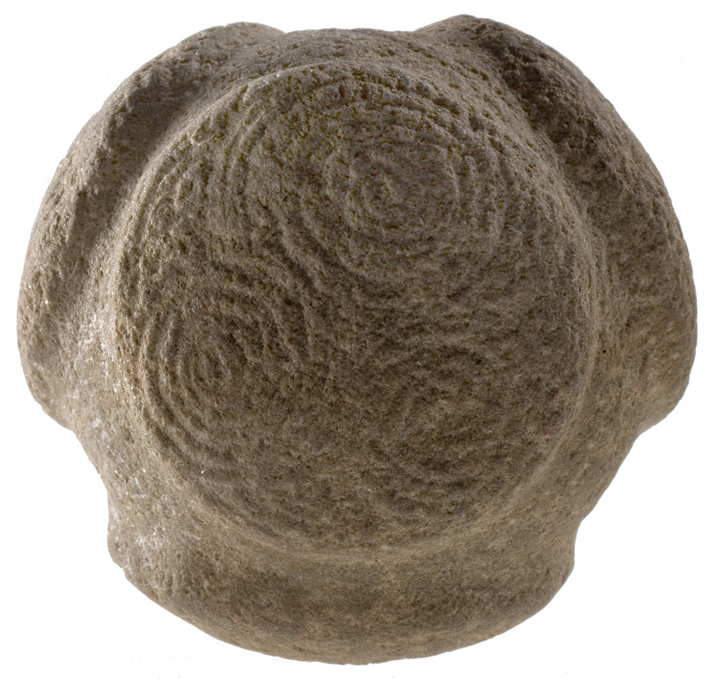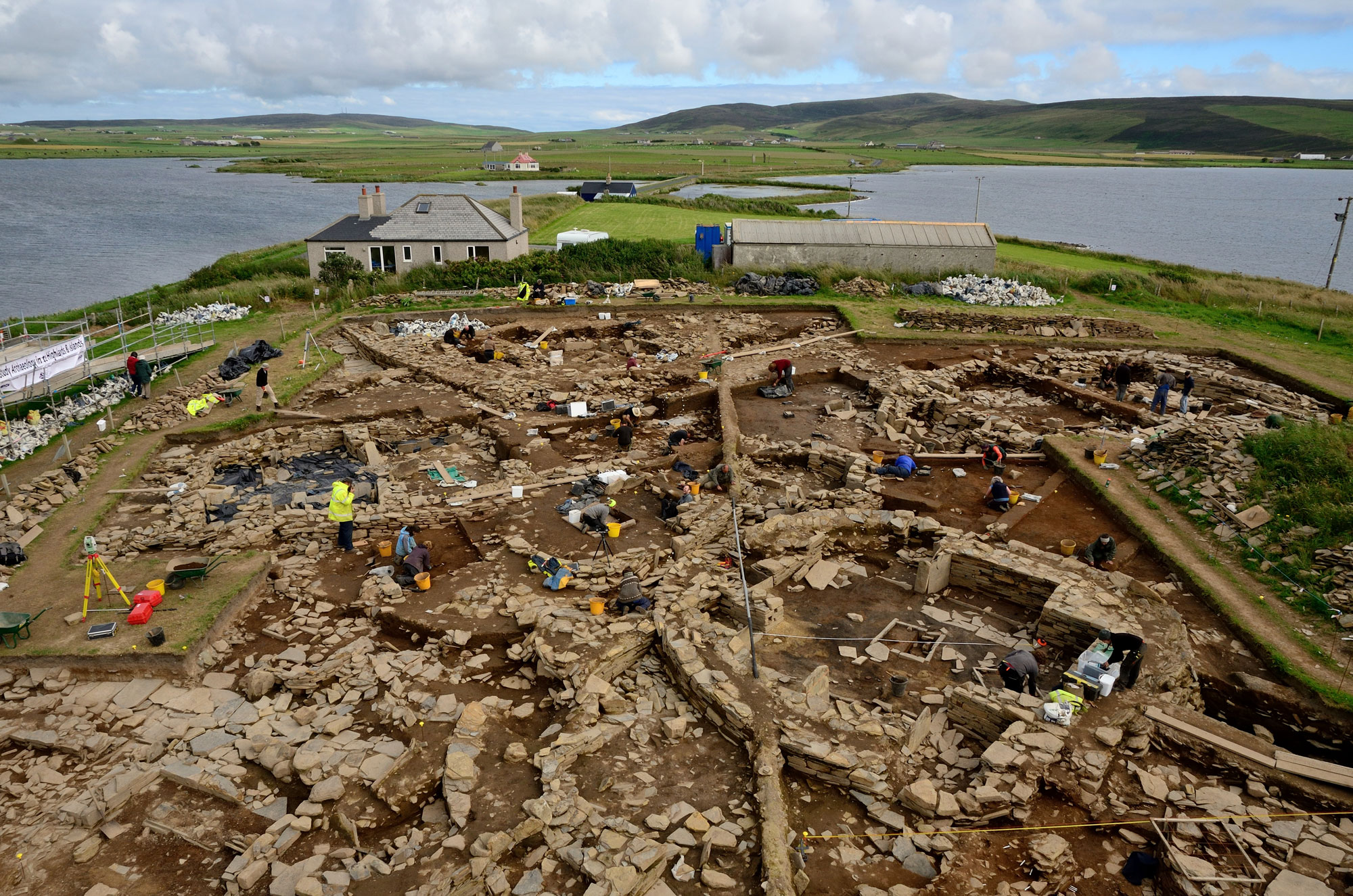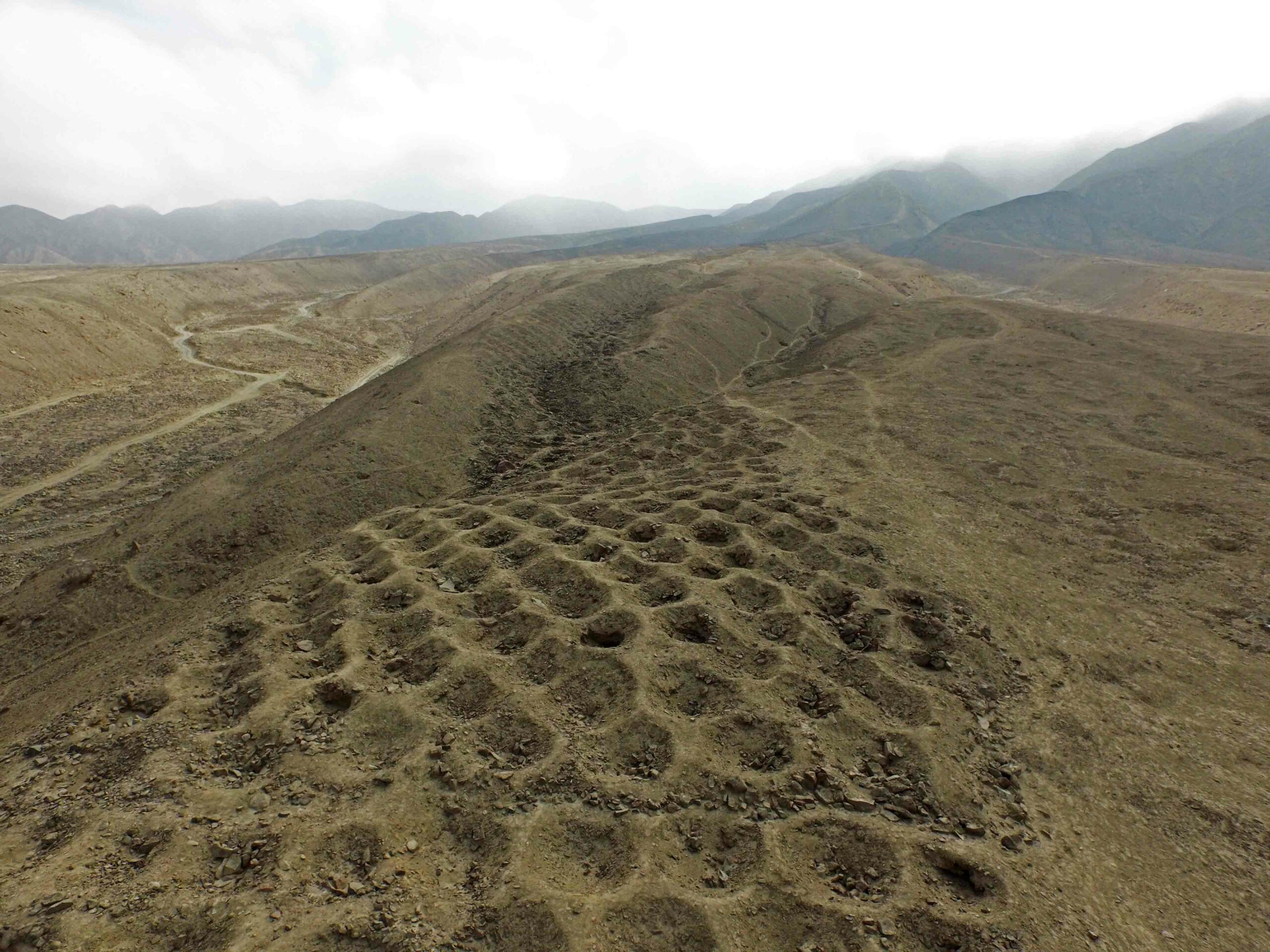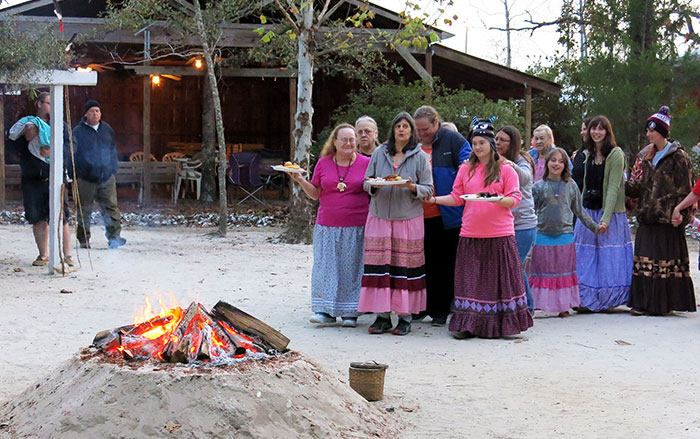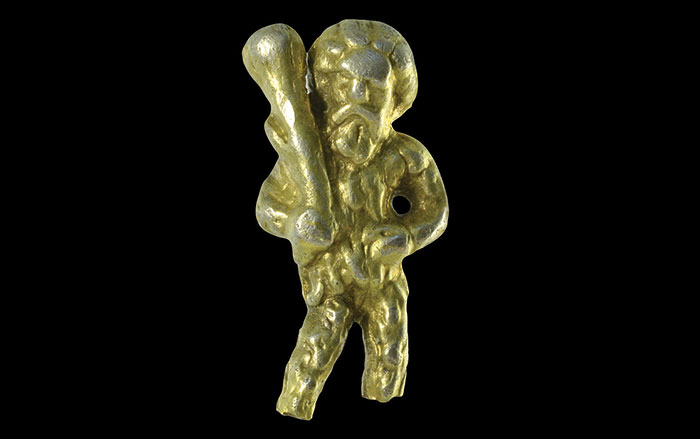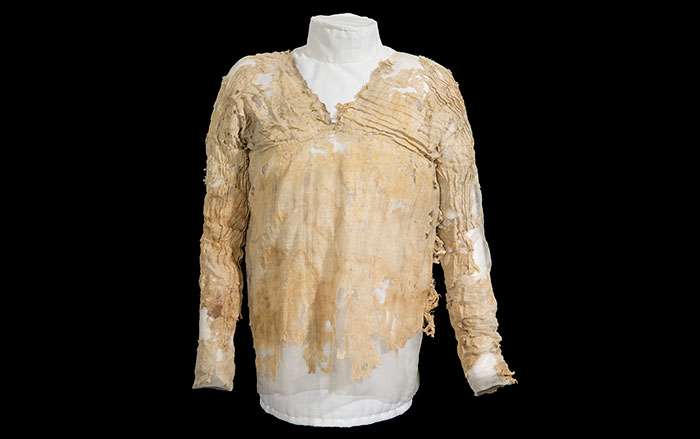
WELLHILL, SCOTLAND—Archaeologists from the University of Glasgow’s Strathearn Environs and Royal Forteviot project (SERF) have discovered faint marks in the soil at a site in Scotland that might have been made by a hand-held plow known as an ard. Kenneth Brophy of the University of Glasgow told The Courier that these marks are evidence of the earliest-known farming activity in Scotland. Pieces of 6,000-year-old pottery were found close to the plow marks. “Evidence for plowing and fields in Neolithic Britain is incredibly rare and so the excavation of the ard marks at Wellhill is a very significant discovery that suggests a farming economy had taken hold in this location only a few generations after farming began in Britain around 4000 B.C.,” he explained. For more, go to "Neolithic Europe's Remote Heart."


